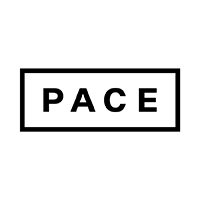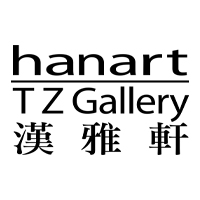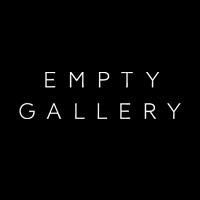Germany Cancels Entire Biennale Over Curator’s Facebook Posts
By Anna Lentchner
.jpg)
Portrait of SHAHIDUL ALAM, curator of the now-canceled Fotografie Biennale. Courtesy Wikimedia Commons.
On November 21, authorities from the German cities of Mannheim, Ludwigshafen, and Heidelberg, where the photography exhibition Biennale für aktuelle Fotografie’s tenth edition was set to take place next March, canceled the event because one of its co-curators, Shahidul Alam, intensely criticized the Israeli military’s campaign in Gaza on social media. Alam’s Facebook page contained “content that can be read as antisemitic and antisemitic content,” according to the Biennale’s press release, as first reported by the Art Newspaper.
Dhaka-based photojournalist Alam has regularly posted on social media since October 7, when Hamas militants invaded Israeli territory and killed approximately 1,200 people, taking another 200-plus hostage. The content Alam shared allegedly compared Israel’s retaliatory assault, which has killed over 12,000 Palestinians in just over one month, to the Holocaust. Alam also accused Israel of committing genocide against civilians in Gaza, a controversial position that has gained traction since Israel began its retaliation, but is censored in Germany.
In a statement, Biennale organizers said they voiced concerns to Alam and the festival’s other curators, Bangladeshi photographers Tanzim Wahab and Munem Wasif, in attempts to “sensitize the curators to Germany’s special historical responsibility for the state of Israel and its right to exist,” but Alam continued to post pro-Palestinian content because he “sees himself as an activist and demands freedom of expression.” Meanwhile, Wahab and Wasif said they would not participate in the Biennale without Alam.
Organizers went on to say: “The consequences of the cancellation for the Biennale für aktuelle Fotografie and the organizing team are far-reaching. They jeopardize the future of the entire event. In the time ahead, we will do everything in our power to maintain the Biennale as one of the largest and most important photography events in Germany and Europe in the long term.” The festival’s main sponsor is the world’s largest chemical manufacturer, BASF, which was reconstituted in the 1950s from the conglomerate IG Farben. The latter played a central role in the Nazi war economy, employing slave labor as well as producing the deadly chemical Zyklon B used in the Holocaust.
If not for its cancellation, the Biennale would have been the first edition with no European curators. Alam, Wahab, and Wasif are all from Bangladesh, a country with one the world’s largest Muslim populations; like Palestine, the state resulted from a British partition plan. In stark contrast to what Germany feels is its “special historical responsibility for the state of Israel,” Bangladeshi citizens have voiced adamant solidarity with Palestine since October 7, including hosting several demonstrations in its capital, Dhaka.
The news comes just one week after a similar controversy regarding the quinquennial international art festival Documenta in Kassel led to all six of its Finding Committee members resigning. Ranjit Hoskote, a Mumbai-based writer and curator, was also accused of antisemitism over his signing of a Boycott, Divestment, and Sanctions petition back in 2019. He stepped down shortly thereafter, stating: “I feel, strongly, that I have been subjected to the proceedings of a kangaroo court.” When four of Hoskote’s colleagues departed in solidarity, Alam called their collective resignation letter an exposition of Germany’s “blinkered position on freedom of expression.”
Anna Lentchner is assistant editor at ArtAsiaPacific.







